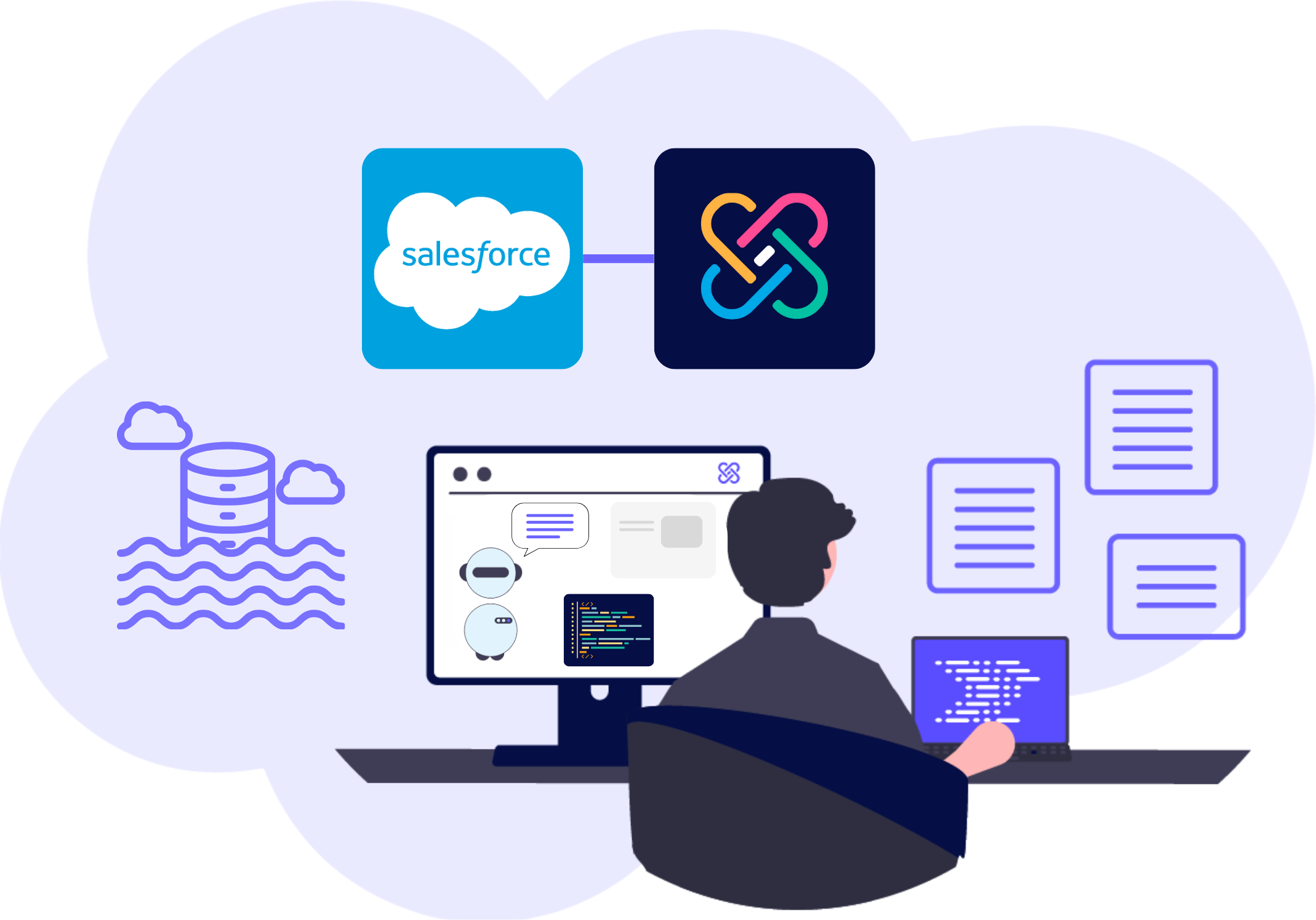Top 3 Best Practices of Implementing Salesforce Data Cloud in HED—and How to Solve Them
Salesforce Data Cloud
has emerged as a pivotal solution for unlocking enterprise data for better customer experiences within higher education institutions. However, the complexity and specialization of higher ed data creates unique challenges that limit an institution's ability to realize the full potential of Salesforce Data Cloud.
Here are the top three best practices when implementing Data Cloud—with proven strategies to overcome them.
1: Deep Higher Ed Data Model Knowledge and Strategy
Higher education is known for having complex and varied data models across many functions and systems. Each system has its unique metadata and data model which can be difficult to integrate without deep domain expertise. The complexity increases as institutions strive to provide more personalized experiences and track academic outcomes across these diverse systems.
Hiring and retaining the right talent for this expertise can be challenging and unpredictable. Finding a partner who understands the intricacies of higher education data models is invaluable. It’s essential to engage a partner with a proven track record in implementing and integrating Salesforce with higher education systems. This partnership enables institutions to leverage Salesforce more effectively and ensures data consistency across all platforms—ultimately enhancing data-driven decision-making.
2: Effectively Integrating Data and Automating Workflows with Higher Ed Systems
Unifying the data to achieve a 360-degree view of the student lifecycle requires more than just a highly skilled IT team. It demands an enterprise-level Integration Platform (iPaaS) that offers big data processing, pre-built connectors, data pipelines, and business process automation templates (integration recipe patterns) designed to integrate higher-ed systems. These specialized connectors and recipes are crucial for unlocking and unifying disparate systems and data sources, providing a seamless flow of information across the institution.
When leveraging an enterprise iPaaS with big data processing, you get real-time and near-real-time data pipelines and synchronization between connected systems, ensuring that analytics always have up-to-date information. This not only simplifies the technical implementation but also accelerates the adoption and effectiveness of Salesforce Data Cloud. By partnering with an integration specialist who provides pre-built connectors, data pipelines and business process recipe templates, institutions can automate data processes much easier and faster, thereby enhancing their investment in Salesforce Data Cloud.
3: Maintaining Unified Data Models
“We use the Lingk Platform as both an iPaaS and data management platform, along with their integration and systems experts to assist us. I can’t say enough good things about them as a company and their product. They honestly saved us several times over this past year alone”
Once the systems are integrated—maintaining, updating, and evolving your iPaaS and the mission-critical integrations with other systems become the next significant challenge. Keeping the integrated environment working optimally as new product advancements and updates are released is not easy. The required ongoing management and optimization of data pipelines and integrations, and the associated data models, require near full-time skilled systems experts who are familiar with your associated data structures, all the nuances of Salesforce Data Cloud, and all the other integrated higher ed systems.
Consider a partner that offers the systems implementation expertise and data integration know-how to support your integrations long-term. It's advantageous to select a partner who uses Generative AI (GenAI) technologies to expedite the service delivery and ongoing maintenance of unified data models. This approach enhances service efficiency and provides a competitive edge by ensuring you get the most value from your investment.
Lingk: Higher Education’s Salesforce Implementation and Integration Partner
Lingk partners with institutions to tackle integration challenges head-on and offer intuitive solutions leveraging our team of Salesforce experts and powerful enterprise iPaaS with big data processing. With our Salesforce implementation services, we provide our system integration platform at no additional cost. This strategic partnership empowers institutions to enhance their data analytics capabilities and unlock the full potential of their data.
By leveraging GenAI, combined with our pre-built connectors, data pipelines and business process automation templates with Higher Ed systems, Lingk accelerates the implementation process through expedited integration service delivery, giving you 5x integration productivity compared with traditional in-house resources. Giving you the foundation for a robust, data-driven strategy that propels educational success and business process automation.


